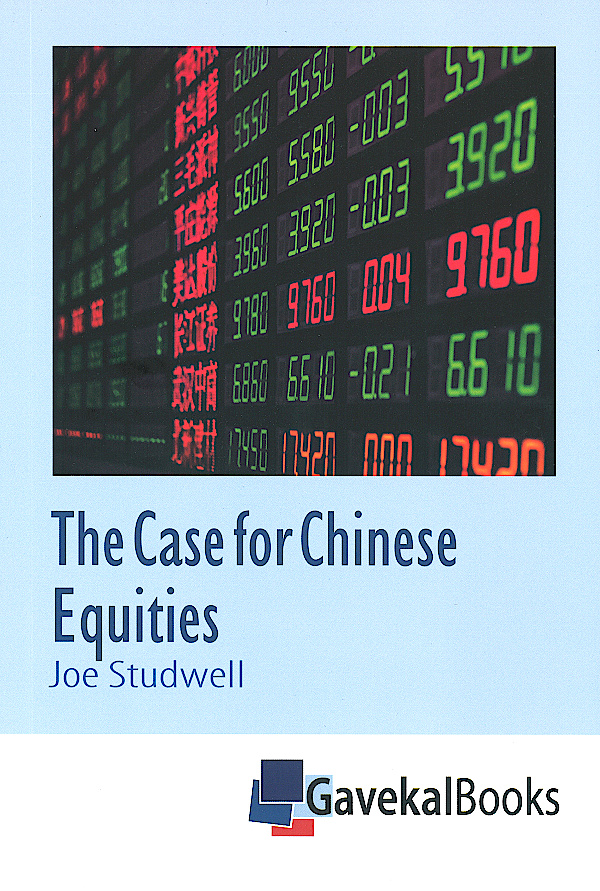
The Case For Chinese Equities
Edition: Gavekal Books
The Case For Chinese Equities

The Case For Chinese Equities
For years, China's economy has boomed while its equity markets have languished. Now the opposite is occurring: economic growth is ever more sluggish, while the stock market surges. Is the buoyant stock market a temporary aberration, "irrational exuberance", or a sign of profound change in China's financial system?
Joe Studwell argues that China's experience echoes that of the other major East Asian economies: Japan, South Korea and Taiwan. Each of those countries went through a high-growth period characterized by intensive investment and by severe repression of financial markets. Financial repression was the tool governments used to ensure that national saving was channeled into the investments favored by the state's development strategy: infrastructure, basic industries and export oriented manufacturing. During this period equity-market returns stayed low even though economic growth was rapid. Eventually, each of these countries made the transition to more efficiency-driven growth. As they did so, financial markets were freed up and stock-market booms ensued, even as economic growth slowed to more sustainable levels.
Today China is in the midst of a similar transition. The capital-intensive growth of the past is giving way to an economy driven more by services and consumer spending, and the government has undertaken broad reforms to increase efficiency and foster better capital allocation. In such an environment it is almost inevitable that investors in China's equity markets will enjoy far greater dividends from the growth of the world's second largest economy.